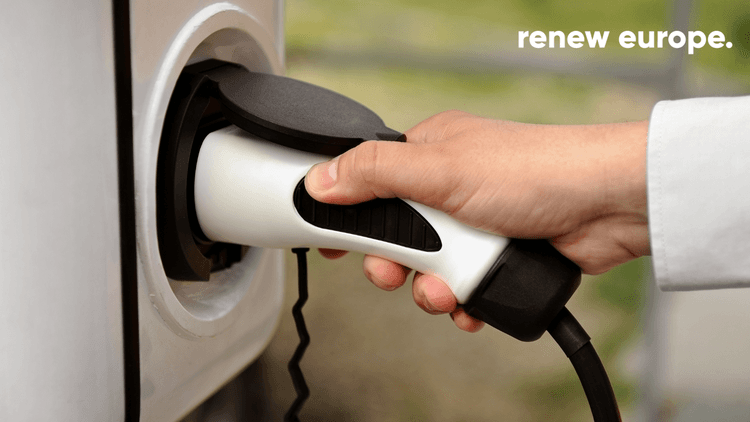EU ensures the rollout of a vast network of alternative fuels throughout Europe in the next few years

By adopting the Alternative Fuels Infrastructure Regulation (AFIR) in plenary session in Strasbourg today, relating to the deployment of infrastructures of alternative fuels, the European Parliament has given a clear signal to switch to sustainable means of transport. As part of the "Fit for 55" package, this text lays down minimum distance and fleet based criteria requirements for the entire EU, with the objective to have a sufficient number of public charging stations for cars and trucks on the trans-European transport network (TEN-T) towards the end of the decade. The Parliament adopted a very ambitious approach, providing for criteria which should make charging points user friendly, enlarging the range of possibilities to pay for charging services, e.g. by debit or credit card.
Beyond road transport, this Regulation also provides for the establishment of minimum infrastructure deployment targets for other means of transport - such as shore-side electricity supply in maritime and inland ports as well as electricity supply and pre-conditioned air systems at airports, so that docked vessels and aircraft at the gate do not have to keep their engines running. Lastly, the Regulation supports zero-emission rail transport as initiated by Renew Europe Group. It is therefore clear that this is a multimodal effort supporting Europe to achieve its ambitions of climate neutrality by 2050.
Caroline NAGTEGAAL (VVD, Netherlands), Renew Europe shadow rapporteur for the AFIR Regulation in the Parliamentary Transport and Tourism Committee (TRAN), said:
“This Regulation supports clean transport by road, water or via airports in Europe. Renew Europe wants to make clean transport more accessible to our citizens and companies and the Alternative Fuels Infrastructure Regulation adopted today will support exactly that objective. After all, if there are more electric charging and hydrogen refuelling points along the European highways, a seamless travel of zero and low-emission cars throughout Europe will be become a reality”.